The National Assembly has just passed the Law on the Organization of People's Courts, which decided to retain the provisions on provincial-level and district-level People's Courts as in the current law.
Continuing the 7th session, on the morning of June 24th, the National Assembly voted to pass the Law on the Organization of the People's Courts, with 459 out of 464 attending delegates voting in favor (equivalent to 94.25% of the total number of National Assembly delegates).
Presenting the report explaining and responding to feedback, the Chair of the Judicial Committee, Le Thi Nga, stated that regarding the proposal to reform the People's Courts at the provincial and district levels according to their jurisdiction (Clause 1, Article 4), due to differing opinions, the Standing Committee of the National Assembly directed the development of two options and sought the opinions of National Assembly deputies through a ballot.
Specifically, Option 1: Maintain the current regulations of the Law regarding provincial and district-level People's Courts.
Option 2: Reform provincial-level People's Courts into appellate People's Courts, and district-level People's Courts into first-instance People's Courts.
The results showed that 39.84% of National Assembly delegates approved Option 1; 34.91% supported Option 2. This means that no option received more than half of the total number of National Assembly delegates' approval.

After consulting with National Assembly deputies, the Supreme People's Court and the Standing Committee of the Judicial Committee unanimously agreed to accept the majority vote of the deputies and maintain the current regulations on provincial and district-level People's Courts as stipulated in the current Law.
“In implementing Resolution No. 27: ‘Practical issues that are clear, proven correct by practice, and have high consensus should be resolutely implemented; issues that are unclear and still have many differing opinions should be further studied…,’ the Standing Committee of the National Assembly believes that the provisions of the draft Law on provincial and district People’s Courts are appropriate,” said Ms. Le Thi Nga.
Allow recording of the entire court proceedings with the presiding judge's consent.
Another issue that received much attention was the participation in and dissemination of information at court hearings and sessions (Clause 3, Article 141).
The Standing Committee of the National Assembly emphasized that audio and video recording must ensure human rights and civil rights; ensure the solemnity of court proceedings and sessions; and ensure information dissemination in accordance with the law.
During the trial and hearings, much unverified information and evidence is disclosed, especially information about personal lives, family secrets, and business secrets. This information and evidence needs to be considered and concluded upon by the panel of judges in the judgment or decision.

Therefore, the draft law has been revised to allow recording of the entire proceedings of the trial or hearing; video recording is only permitted during the opening of the trial or hearing and the pronouncement of the verdict or announcement of the decision.
The aforementioned audio and video recording must be with the consent of the presiding judge of the trial or hearing, and the relevant parties as prescribed (Clause 3).
At the same time, if necessary to serve professional duties, the Court shall record the proceedings of trials and hearings; the use and provision of the results of the recordings by the Court shall be carried out in accordance with the law and the Chief Justice of the Supreme People's Court shall specify the details (Clause 4).
Source




![[Photo] The captivating scenery of the fragrant maple forest in Quang Tri](/_next/image?url=https%3A%2F%2Fvphoto.vietnam.vn%2Fthumb%2F1200x675%2Fvietnam%2Fresource%2FIMAGE%2F2025%2F12%2F10%2F1765353233198_lan09046-jpg.webp&w=3840&q=75)


![[Photo] Explore the US Navy's USS Robert Smalls warship](/_next/image?url=https%3A%2F%2Fvphoto.vietnam.vn%2Fthumb%2F1200x675%2Fvietnam%2Fresource%2FIMAGE%2F2025%2F12%2F10%2F1765341533272_11212121-8303-jpg.webp&w=3840&q=75)


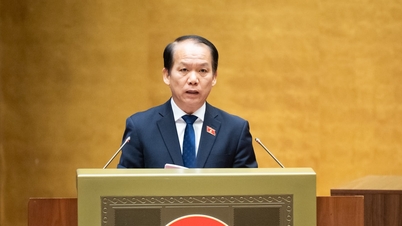

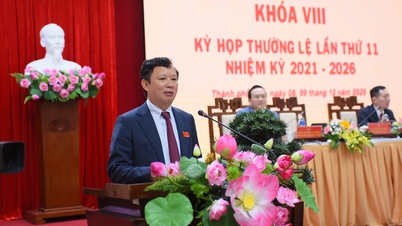

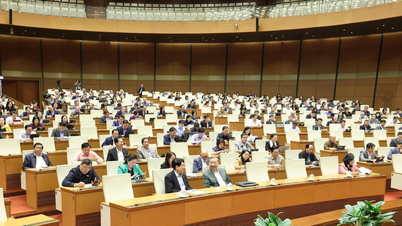



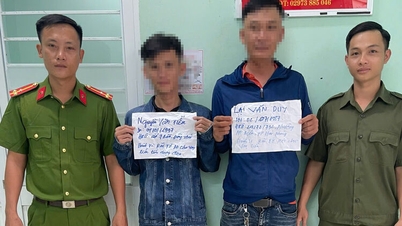

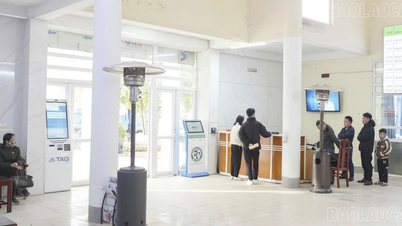

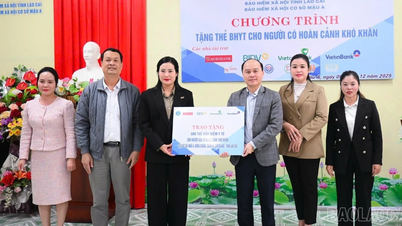
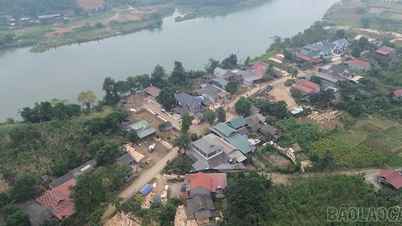
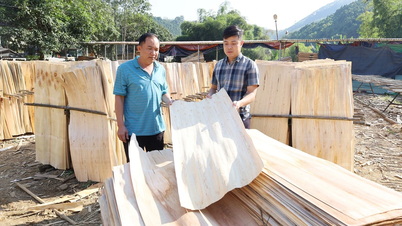
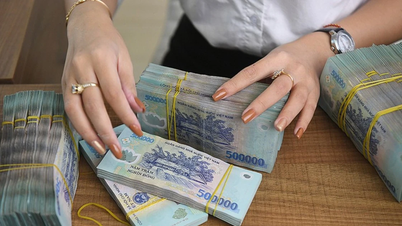





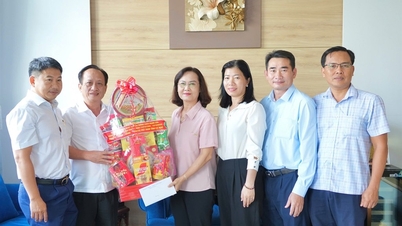


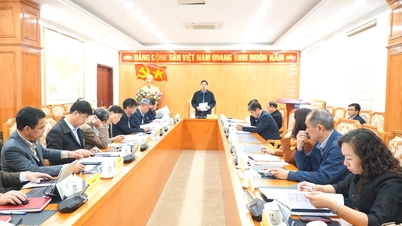

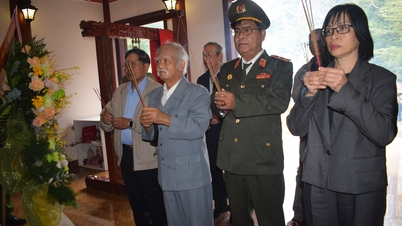





![[Video] The craft of making Dong Ho folk paintings has been inscribed by UNESCO on the List of Crafts in Need of Urgent Safeguarding.](https://vphoto.vietnam.vn/thumb/402x226/vietnam/resource/IMAGE/2025/12/10/1765350246533_tranh-dong-ho-734-jpg.webp)





















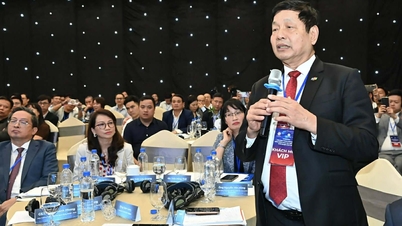







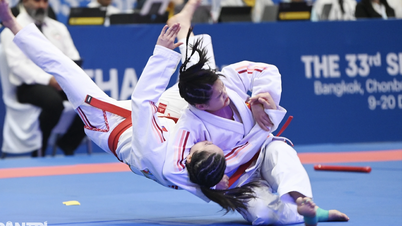

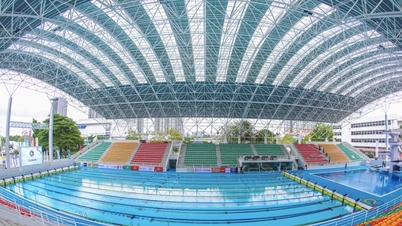



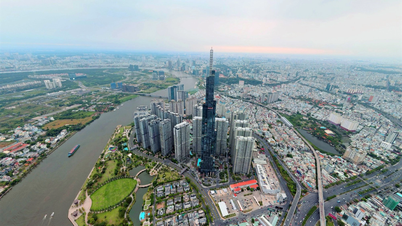

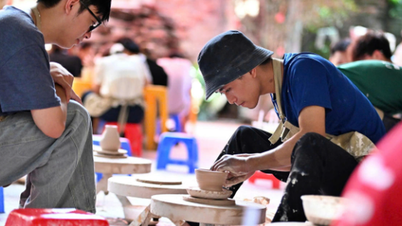

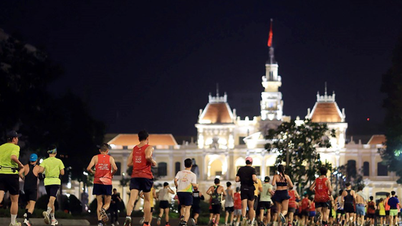




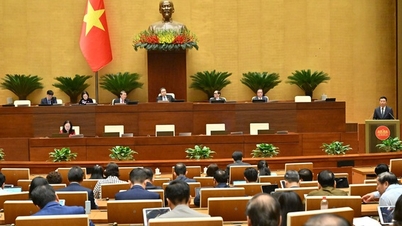

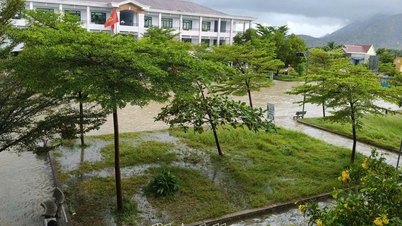


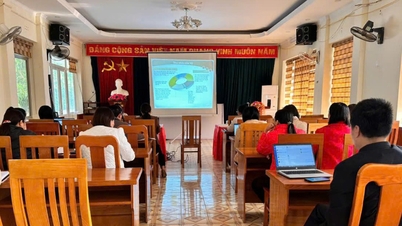



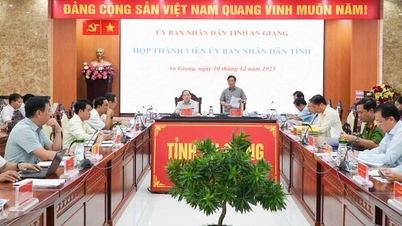
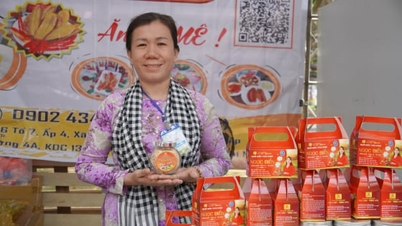
















Comment (0)